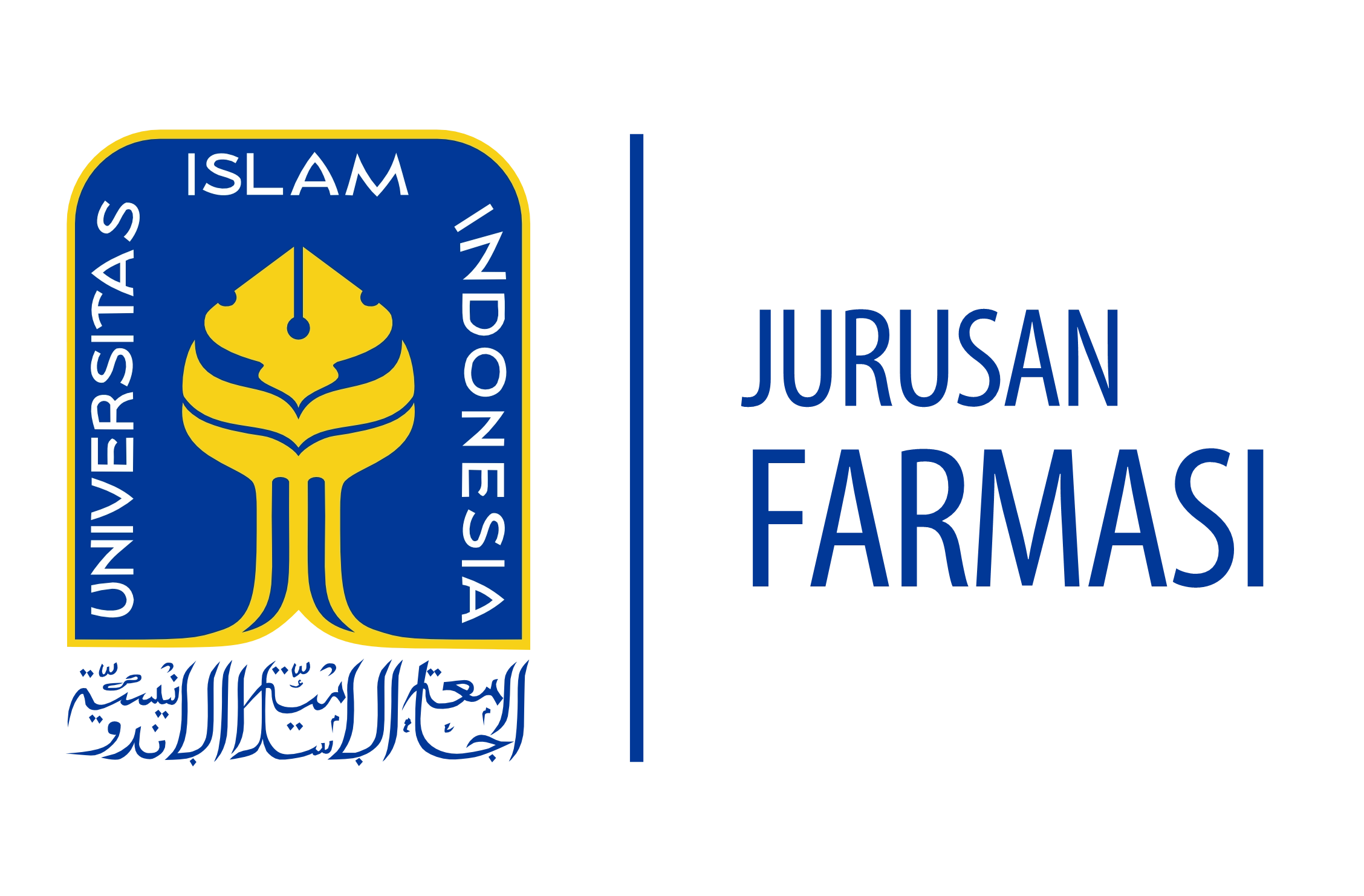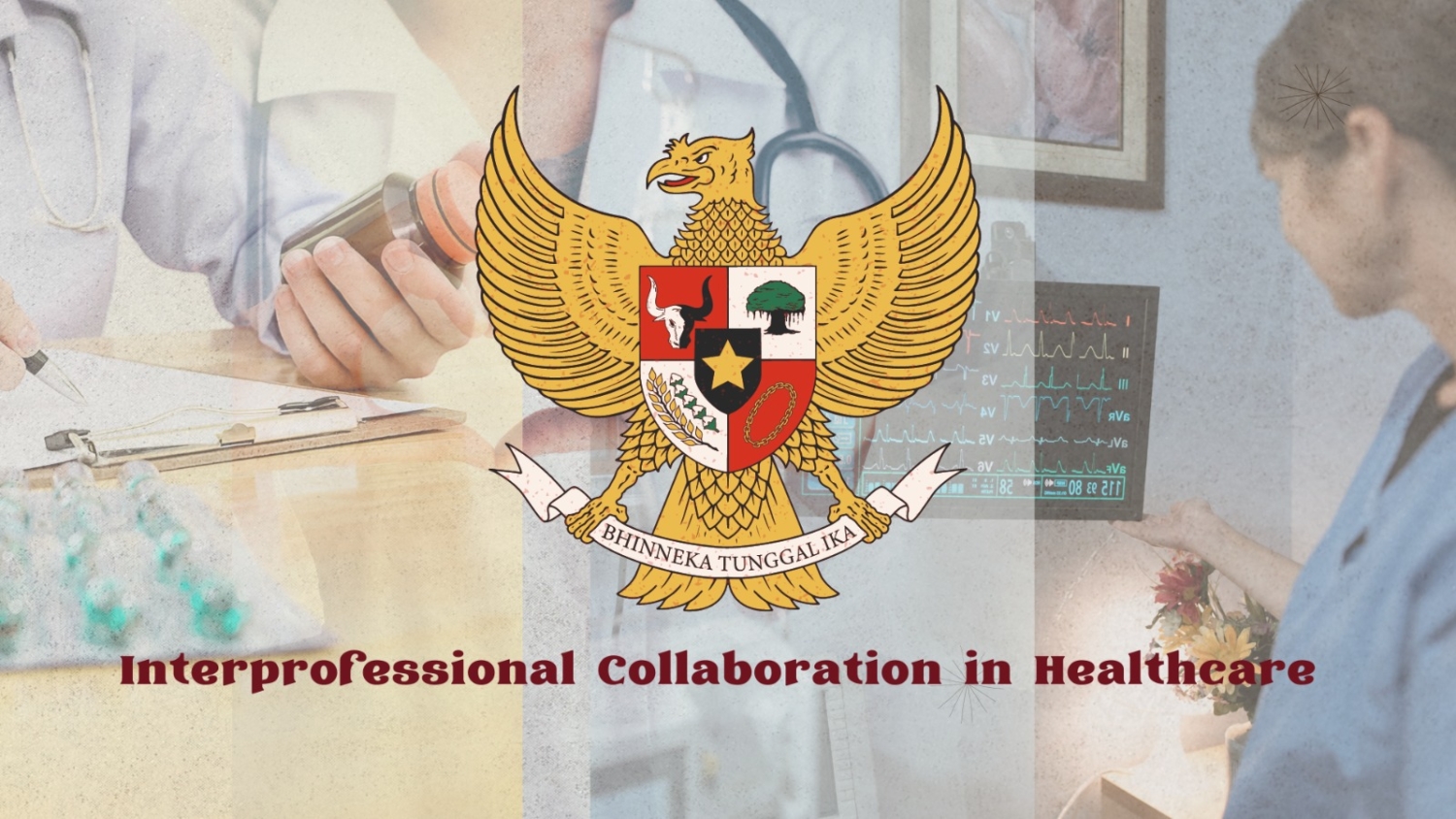Interprofessional Healthcare Collaboration in Health Services with the Implementation of Pancasila Values
The five principles of the Indonesian state (Pancasila) are the ideological foundation of Indonesia. It has become an obligation that every citizen of Indonesia is able to understand and implement each of the values of Pancasila. The values of Pancasila have a close relationship with all interprofessional of the health field, both doctors, pharmacists, and nurses. These values of Pancasila can be implemented in the morals and ethics of healthcare collaboration in providing services to patients with the ultimate goal of improving health. Therefore, the quality of health care is heavily influenced by interprofessional collaboration (Hidayat,2016). However, the application of Pancasila’s values is still underestimated. This is shown by the still existence of issues related to ethics and morality in have not optimal in healthcare collaboration, such as the issue In 2020, Indonesia is struggling with the issue of “the wrong hospital to give the patient medicine” It becomes a concern because the health management capabilities that are the key to the success of health development at the moment are not fully adequate. The mistake or negligence of healthcare in the exercise of medical professions is an important thing to talk about, because the consequences of such mistakes or neglect have a very detrimental impact. In addition to undermining or reducing public confidence in healthcare professions, it also causes losses to patients. This is contrary to Pancasila’s values which still shows the lack of ethical and moral collaboration implementation of Pancasilla each health care existence.
Interprofessional collaboration is a strategy for achieving quality cooled results effectively and efficiently in healthcare. Collaborative communication is an essential element for improving the quality of care and patient safety (Reni et.al.,2010). The attitude of doctors, pharmacists, and nurses toward interprofessional collaboration is a tendency or belief to support or not to support interprofessional collaboration that is influenced by the views and knowledge of doctors, pharmacists, and nursing toward collaboration (Simamora, 2019). The collaborative behavior of doctors, pharmacists, and nurses is a form of collaborative interaction between doctors and pharmacists who work together as partners and equals as a team by acknowledging each other’s competence and contributions, respecting and appreciating each other, and placing trust in each other in achieving goals. Obstacles in interprofessional collaboration can be the leading cause of medical errors, nursing errors, or other unexpected events (Panesar dkk., 2017).
The benefits of implementing collaborative practices can reduce the rate of complications, duration of hospitalization, a conflict between health teams, and mortality. In the mental health field, collaborative practices can improve patient and health team satisfaction, reduce the duration of treatment, reduce treatment costs, reduce suicide incidents, and reduce outpatient visits. Therefore, as an effort to ensure that doctors, pharmacists, and nurses have a positive attitude towards interprofessional collaboration can be done by holding socialization, such as seminars or workshops on interprofessional collaboration, interprofessional educational programs in each associated institution for physicians, Pharmacists, and Nurses, or training materials that include leadership, effective communication, emotional management, conflict management, team cooperation, the competence of interprofessional collaborative, as well as determinants of success in interprocessor collaboration.
Thus, optimal health for patients can be realized which is the ideal of the Indonesian nation following the values of Pancasila, specifically the fifth Pancasila which sounds like “social justice for all the people of Indonesia” That is, all have the right to the same level of health. To do this, it is necessary to emphasize the implementation of the morals and ethics of healthcare collaboration through effective communication and Interprofessional Collaboration Practice to improve the quality of services.
Reference
Hidayat, R. 2016. Hak atas derajat pelayanan kesehatan yang optimal. Jurnal hukum dan pemikiran.16(2):127-134.
https://www.kompas.tv/article/126718/rumah-sakit-salah-memberi-obat-pasien
Panesar, S.S., C.S. Andrew, A.S. Salvilla., S. Aziz. 2017. At a Glance Keselamatan pasien dan peningkatan mutu pelayanan kesehatan. Erlangga, Jakarta.
Reni, A., K. yudianto., I. Somantri. 2010. Efektivitas pelaksanaan komunikasi dalam kolaborasi antara perawat dan dokter di ruang rawat inap rumah sakit umum sumedang. Jurnal UNPAD. 12(1):1-2.
Simamora, R.H. 2019. Documentation of Patient Identification into the Electronic System to Improve the Quality of Nursing Services. International Journal of Scientific & Technology Research. 8(9): 1884-1886.
Author : Andika Wahyu Wardana, Mahasiswa S1 Farmasi



